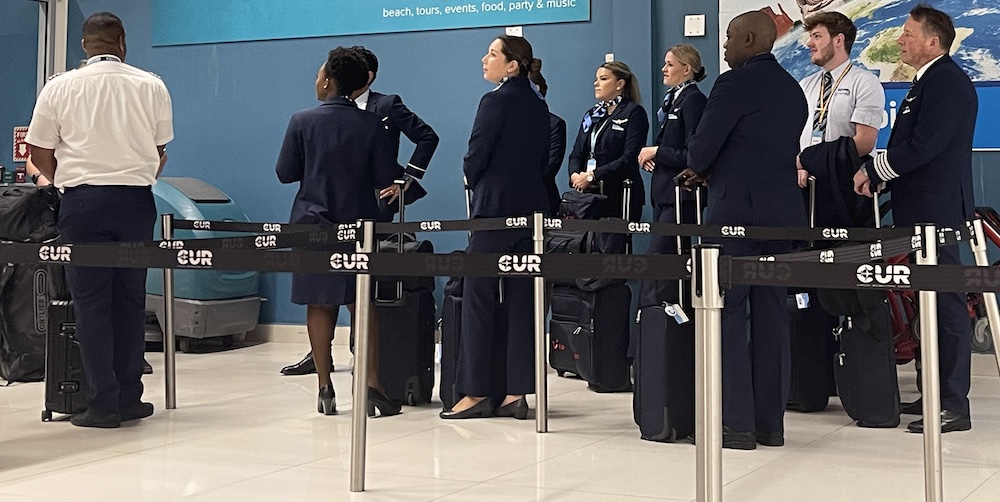After a negative judgment by the subdistrict court, the court granted FNV's claim and ordered TUI to recognize FNV as a negotiating partner.
The Supreme Court has ruled that the court's decision, which states that TUI cannot refuse to negotiate with the FNV trade union about a collective labor agreement for its cabin crew, remains upheld. This ruling marks an important moment in Dutch labor jurisprudence and emphasizes the complexity of negotiations on collective employment conditions.
The case started when FNV approached TUI with the request to negotiate the primary employment conditions of the cabin crew. TUI refused, arguing that it was already conducting negotiations with its own works council (OR), which had been given additional powers to decide on these conditions. However, the union did not leave it at that and went to court.
The first ruling of the subdistrict court judge was against FNV, but on appeal the union was ruled in favor by the court. TUI subsequently decided to appeal in cassation to the Supreme Court. The central legal question was whether an employer has a duty to negotiate collective employment conditions with a trade union.
The Supreme Court confirmed that an employer may in principle determine for himself whether and with whom collective employment conditions are negotiated. Nevertheless, it can be socially careless and therefore unlawful to exclude a union that is sufficiently representative from negotiations. Important in this consideration are the representativeness and expertise of the union, the importance of independent negotiations, and the support among employees for the current negotiation method.

The court's decision that TUI must negotiate a collective labor agreement with the FNV trade union for its cabin crew remains in place. The Supreme Court has ruled that.
In the case of TUI, the court ruled that TUI's refusal to negotiate with FNV was not justified, given the representativeness of the union and the importance of independently negotiated employment conditions. The Supreme Court endorsed this weighing of interests, which upheld the court's ruling.
Cassation lawyer Marieke van der Keur, who acted on behalf of FNV, emphasized the importance of this ruling for the recognition of trade unions in negotiations on employment conditions. The case underlines the importance of balanced representation of employee interests, especially in sectors where employment conditions have a direct impact on employees' quality of life.
De pronunciation of the Supreme Court is not only a victory for FNV, but also a clear signal to other employers who try to circumvent the bargaining rights of trade unions by giving far-reaching powers to works councils. The right of employees to be represented by an independent party remains a cornerstone of Dutch labor law.




